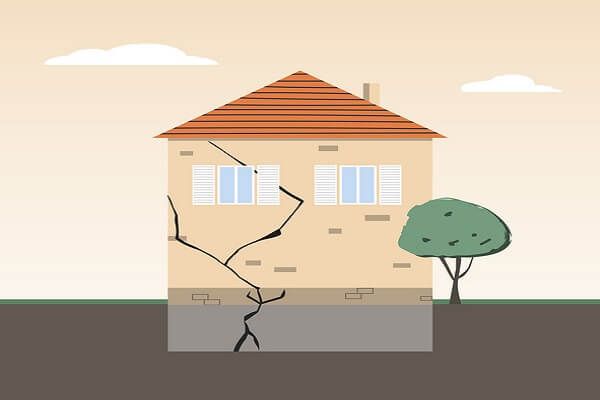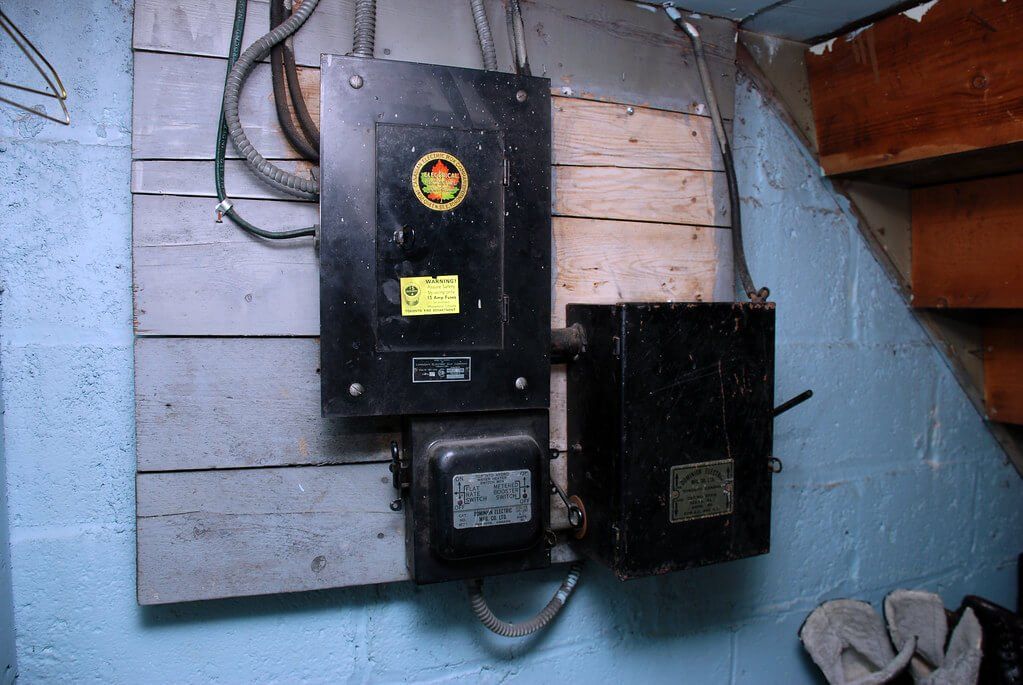Selling a house with Water Damage: What you need to know

Did your house get water damaged?
Water damage can happen just about anywhere. It may be that there was a water main break outside your house, or it could've been faulty plumbing inside of your walls.
Regardless of the source of the damage, it's important to find a qualified inspector to take a look at your house. Your inspector should be able to tell you if there is anything that needs fixing or replacing before the sale of your home takes place.
Your water damage can become someone else's problem.
If you neglect to deal with water damage and leave it for too long, you may not be able to do anything about it. This can create a huge problem for anyone who might come after you and purchase the house.
If you withhold information of damage from your home - or if there is an outstanding issue that isn't corrected before the sale of the property goes through – your seller's disclosure is automatically negated.
This means that if there is a problem with your house, you're stuck with it. This could be a big issue for a potential buyer. Not only will they have to figure out what to do about the damage, but they'll also be forced to deal with any additional expenses associated with the purchase of your property. If the home is in a flood zone, then the insurance company, (or the flood insurance) may not issue a policy to the buyer.
A major part of real estate is being able to list your home with full disclosure. If you can't do that, then many issues could arise. When selling a house with water damage, one thing to remember about disclosing this information is to be completely honest about any incidences related to water damage.
Real estate agents and buyers alike could easily become suspicious if you fail to mention anything about water damage that has previously occurred.

Get A Free Cash Offer on Your Home Today
How bad is water damage to a house you'd like to sell
If the flood damage is extensive, you may want to consider another way of selling your home. However, if the damage is minimal, then there are still things that you can do to get rid of it before you put your house up for sale.
After all, you wouldn't want to be stuck with a flooded basement or any other issues related to water damage.
The first thing you should do is take pictures of the damage before doing anything else. If the house is already on the market, then it's best to call your agent right away, because chances are that potential buyers are going to ask about the issue anyway.
Sometimes, it's easier to just disclose the damage and start over with a clean house. If it's a smaller occurrence, then you can get rid of it fairly quickly. Try renting some storage units nearby to place any nearby household items that might be affected by the water damage.
You can also make sure to get rid of anything with an unpleasant smell due to water damage before selling your house. Take out any furniture or upholstery that has been affected by the water, or invest in some carpet cleaners if you have hardwood floors that have been damaged.
If possible, it's a good idea to replace anything that has been severely affected by any flooding or water damage – this includes new carpeting and paint.

Options for selling your water damaged house as is
Now that you know all of the things that you need to do before putting your house on the market, it's time to consider exactly what type of sale you want to go with.
There are a couple of issues that come up when trying to sell a home for a fair cash offer with any form of water damage. Let's go over each one of these options so that you can determine which is best for your circumstance.
1) Selling with the help of a real estate agent
The first thing to consider is selling your house with the help of a real estate agent. This can be done through any broker or agent, depending on your location and availability.
You'll need to provide some information about the damage so that they can price it fairly when putting it on the market. They will also require pictures of the water damage before work begins to clean up the house.
If you choose to sell with a real estate agent, then they will usually take a percentage of the total sale price – this is normal and can vary based on your location or any other circumstances that might come into play.
2) Selling on your own
The next option that you have is to sell the house yourself on the market. This means that you can behave just like any other real estate agent trying to put a house up for sale, but without having to pay for commission.
There are some things that you'll need to know about this option, though. For example, if you want to sell your house yourself, then it's in your best interest to get in touch with a real estate lawyer and acquire the proper paperwork and legal documents.
Many people choose this option because they don't have to split their profits with anyone else; however, this means that there is more work on your end.
3) Putting the house on the market and simply accepting the first offer
Next up is taking whatever offer you can get for your house – regardless of how low or high it might be. One benefit to doing this is that it's easy to do, and there isn't much work involved.
While you will avoid paying out any commission, if you're not careful then you could end up selling your house for far less than it's worth.
The best thing to do in this case advertises the house and wait for offers, while also making sure that any interested party knows about the water damage and potential issues involved with buying a home from a previous owner.
4) Getting a short sale
Another option that you have is getting a short sale on your home. Now, this isn't one of the quickest options because it involves some extensive paperwork and waiting; however, when done right then you can get a better deal for your house in many cases.
The idea behind a short sale is to simply find a buyer who is interested in your house, regardless of the water damage or any other issues it may have. The only catch here is that you'll have to agree to a lower price than what you might otherwise ask for.

Get A Free Cash Offer on Your Home Today

Tips on selling your house after a water damage disaster
Now that you know about the different types of sales that you can go with, it's time to get some additional information on exactly what to do when trying to sell a house after a water damage disaster.
1) Make sure that your house is in a livable condition
The first thing to know when trying to put a house on the market with water damage is that most buyers will want to see it in a liveable condition. This means having most of the repairs done and being ready for people who might be interested in moving into it.
This isn't a requirement, though. If you're going to do a short sale or for some other type of deal with a lower price, then you can probably get away with leaving some work undone.
2) Don't Make A further damage
One thing that can hurt you when you're trying to sell your house is making further damage. This means that if there was already water damage in the house, then don't go and make changes to the structure or try and repair things yourself; instead, get in touch with a professional restoration company to take care of any issues for you.
The last thing that you want to do is start cutting holes in your walls or doing other types of work that might reduce the resale value; no one will want to buy a house with evidence of previous damage.
3) Don't let the house go to waste
Finally, you mustn't forget about your house once there is a buyer. This means that you have to be on top of any repairs that are being done by professionals or otherwise, and keep up with any bills that might come up as an extra expense for having the water damage repaired.
Our Recent Post
Get a Cash Offer for Your Home Today
Get Your No-Obligation All Cash Offer




